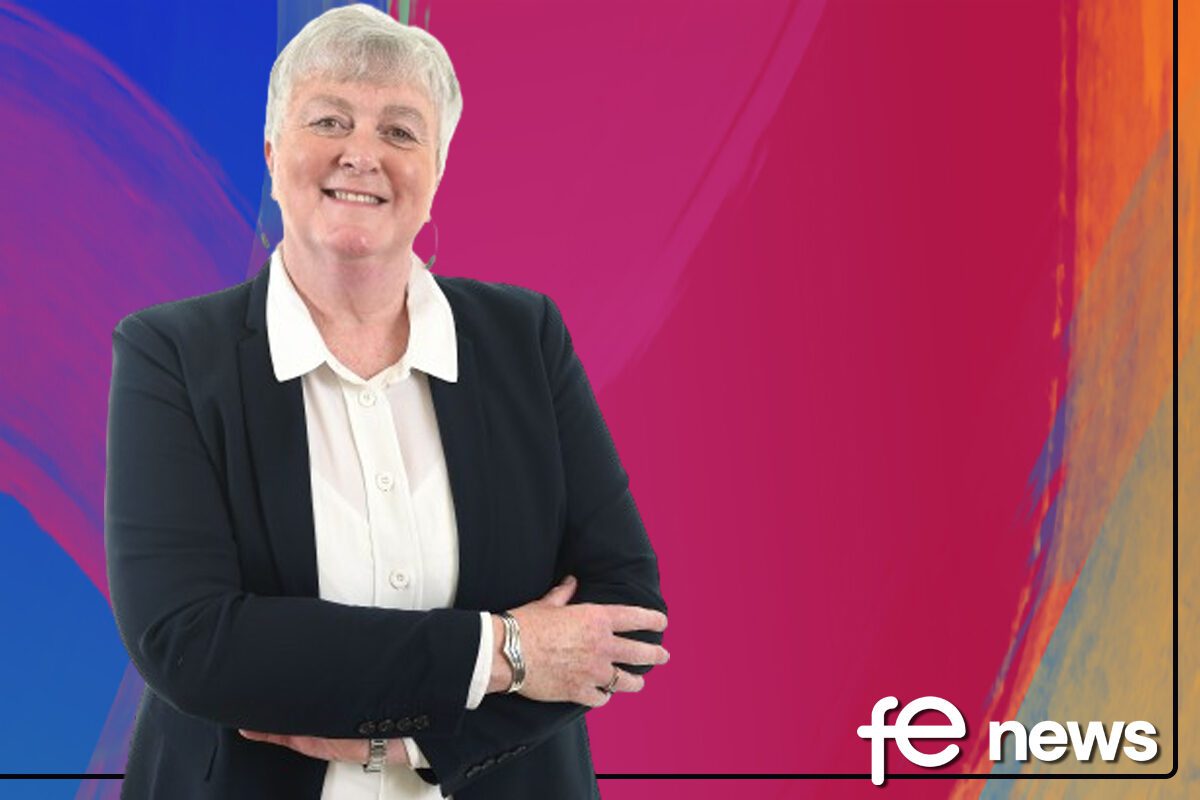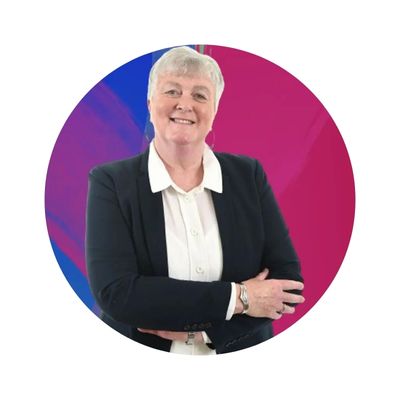Instilling belief through creative engagement

Distilling practitioners’ expertise from this year’s ERSA Conference, CEO Elizabeth Taylor reflects on the sector’s skill in helping people tread the right path toward work.
There are an estimated 5.5 million inactive potential workers in the UK labour market. People with health conditions, caring responsibilities, the over 50’s and many others – willing, able, valuable human talent squandering outside the realms of Jobcentre Plus provision.
Reaching and engaging with these desperately needed groups was high on the agenda at this year’s ERSA conference. With UK employers currently looking to resource upward of 1.2 million vacancies, it was unsurprising to hear economic inactivity acknowledged as a ‘real challenge’ by Employment Minister Guy Opperman.
As I subsequently listened to the expert panel of ERSA members, I was reassured that with considerate commissioning and an unwavering focus on the individual, the solutions exist within our sector to unlock this potential. I also fondly remembered the legendary 1970’s beer commercial which coined the phrase ‘refreshes the parts others cannot reach’. Our sector’s support does just that. It refreshes. It revitalises. As any mum, carer, person on probation, or living with a health condition will tell you, it slowly instils belief in people who have lost theirs.
I firmly believe that pre-employment support is the key here – making connections in familiar settings and in familiar ways to start the conversations that eventually change lives.
It’s a heady brew of understanding, commitment, skill, and time and I’d encourage commissioners large and small, from Westminster and beyond, to buy the next round!
Reaching out
Many people wishing for a working future simply don’t know where to begin. They’re not receiving benefits or attending Jobcentre Plus, and may well experience practical, social, or psychological barriers which deter them from proactively sourcing support.
ERSA members are adept at creating and accessing community networks to creatively engage with economically inactive people. Working with financial institutions, healthcare providers, local authorities, housing providers, employers, and community-based services they reach out to the silent masses.
A common theme around this at the ERSA Conference was the importance of community and friendship, reaching out to people where they are, building familiarity. Loneliness and isolation are unfortunate traits of many non-working people so understanding that you’re in the same moment as others, and there’s movement from it, is a revelation. The conference heard examples from supportive single parent groups babysitting during job interviews to BEAM’s experience of building a wrap-around community for refugees by sharing real life resettlement stories online and on social media.
These community networks must be protected – both by commissioners and incumbent or changing prime providers referring to local services. It was refreshing to hear the importance Ingeus places on local integration of services in Greater Manchester, bringing the right support to local people via community-based services – with ringfenced funding to support its smaller supply chain partners.
Take time
We talk a lot in employability about people-centred approaches… tailored support… individual action plans… but how many commissioned programmes really give providers the flexibility to walk the talk?
Building confidence and self-belief takes time and is often a journey of exceedingly small steps. We know that invested time is generally repaid with increased engagement and ultimately better outcomes but support rarely begins with job searching. Employment is part of a much bigger life package and ERSA members understand the need to fall into step with the people they’re helping and travel at their pace.
At the ERSA conference we heard from the Carers Trust about how making time for a cuppa or taking a few minutes each day for themselves can be the first small step in the life of a 60+ hours a week carer. Equally, Transform Lives Company outlined its human-first approach, ditching the labels we all so freely use for people and encouraging them to ‘get curious about themselves again.’
Use technology
Methods of engagement can also be directed to best suit those we’re helping. Covid led us all to digital – some willingly, some less so – but the benefits for some participants have been indisputable. De-formalising contact via the use of text and What’s App groups is another way BEAM used effectively to talk to people in a comfortable, familiar forum; while Shaw Trust saw engagement skyrocket when its services for participants experiencing mental health issues went digital.
Quality help
Recognising the specific skills and depth of support provided by our members also featured heavily at the ERSA conference. Aside from the knowledge required to advise people on practical processes, benefits, and rights, is a whole world of empathy, good listening, and lived experience of what participants are facing.
How many of us really know how you balance work with life as a carer? Or the imposed feeling of being old before your time as an over 50’s jobseeker? Or of having lost all hope of a different future for yourself having left the criminal justice system? ERSA members do.
We heard how St Giles Trust values the lived experience of its staff, from different career backgrounds and complex past lives, to build trust and connect with heavily disenfranchised clients. I applaud its call to support people with lived experience into the sector and to gain vocational qualifications to bring their experiences to a positive outcome. Ingeus meanwhile has implemented job coach training to support over 50’s, equipping their teams to have meaningful conversations on topics that really matter to their participants.
Retaining this expertise in the sector is paramount. Unfortunately, the rigours of contracting cycles and funding cuts leaves staff overheads on a very fine line for many smaller providers.
Top takeaways
Belina Consulting described the employability sector as ‘the hub – the translator’ between people who want to work, but whose circumstances limit their opportunities, and the labour market that so desperately needs them. The sector has the expertise and leaders to make this happen with an approach that includes:
- The continuation of bespoke, local services to find, connect, and build the confidence and skills of participants, with appropriate funding from commissioners and supply chain partners to resource them
- Recognition within commissioned programmes of:
- the time and resources required to engage new people willingly onto programmes
- the longevity of employment support, allowing meaningful time to work with people when THEY are ready
- and similarly, the flexibility to achieve outcomes apart from job entries
- Exploratory pilots, from a wider range of funders, and the flexibility to try new approaches. Our sector is creative and as the economy, long term pandemic impacts and nature of work continue to evolve, so must our delivery.
With huge thanks to the Practitioners’ Expertise panel at the #ERSAConf22, chaired by Liz Sewell: Lauren Bailey-Rhodes, Jayne Garner, Richard Clifton, Brendon Ross, Tanya Sealey, Richard Brooks, Stephen Rowland.












Responses